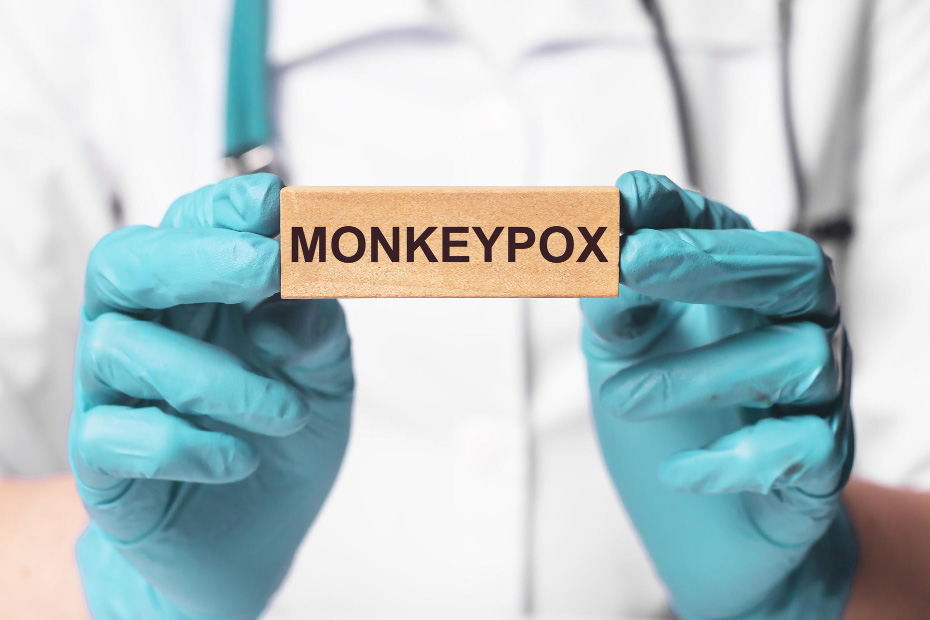
Over the past few months, headlines have been filled with news of a global monkeypox outbreak. While the name might sound alarming, it's important to understand the facts about this virus, how it spreads, and what to do if you suspect you have it. This guide provides clear, straightforward information to help you stay informed and safe.
Monkeypox is not a new virus, but its recent spread outside of its typical regions in Central and West Africa has raised public health concerns worldwide. For most people, the illness is mild and resolves on its own. However, knowing the symptoms and transmission methods is key to preventing its spread and seeking timely medical care if needed. This post will cover what monkeypox is, its symptoms, how it's transmitted, and where to find reliable care if you're concerned.
Monkeypox is a rare disease caused by infection with the monkeypox virus. This virus belongs to the same family as the variola virus, which causes smallpox. Despite its name, the source of the disease remains unknown, though African rodents and non-human primates (like monkeys) may harbor the virus and infect people.
The first human case of monkeypox was recorded in 1970. Before the 2022 outbreak, nearly all cases in people outside of Africa were linked to international travel to countries where the disease commonly occurs or through imported animals. The current outbreak is different because the virus is spreading from person to person in countries where it is not typically found.
Symptoms of monkeypox are similar to but milder than the symptoms of smallpox. The illness typically begins with flu-like symptoms, followed by a rash.
The first signs of monkeypox usually appear within three weeks of exposure to the virus and can include:
One of the key distinctions between monkeypox and smallpox is that monkeypox causes lymph nodes to swell (lymphadenopathy), while smallpox does not.
About one to four days after the fever begins, a rash develops. This rash often starts on the face before spreading to other parts of the body. The rash goes through several stages:
The rash can appear on the palms of the hands, soles of the feet, inside the mouth, and on the genitals. The number of lesions can range from a few to several thousand. The illness typically lasts for two to four weeks.
Monkeypox spreads from person to person through close, personal, often skin-to-skin contact. This includes:
A pregnant person can also spread the virus to their fetus through the placenta. It is also possible for people to get monkeypox from infected animals, either by being scratched or bitten by the animal or by preparing or eating meat from an infected animal.
It's important to note that anyone can get monkeypox, regardless of their sexual orientation. While the current outbreak has seen a significant number of cases among men who have sex with men, the virus is not limited to any specific group. Attributing the virus to one community can create stigma and hinder public health efforts.
For most people, monkeypox is a self-limiting disease, meaning it resolves on its own without specific treatment. The focus of care is typically on relieving symptoms, managing complications, and preventing secondary infections.
If you suspect you have monkeypox, it's crucial to isolate yourself from others and contact a healthcare provider. They can assess your symptoms and determine if testing is necessary. Antiviral drugs and vaccines developed to protect against smallpox may be used to treat and prevent monkeypox infections. Tecovirimat (TPOXX) is an antiviral medication that may be recommended for people who are more likely to get severely ill, such as those with weakened immune systems.
Prevention is key to controlling the spread. The Centers for Disease Control and Prevention (CDC) recommends the following:
If you develop a new, unexplained rash or other symptoms of monkeypox, seeking prompt medical attention is essential. An urgent care center can be an excellent resource for evaluation, testing, and guidance. They provide a convenient option for immediate medical needs that are not life-threatening.
When visiting an urgent care facility, be sure to call ahead and inform them of your symptoms and potential exposure. This allows the staff to take appropriate precautions to protect themselves and other patients. If you're in the Philadelphia, PA area, having a reliable urgent care center in mind can provide peace of mind.
Understanding monkeypox is the first step toward protecting yourself and your community. While the virus can cause a painful and uncomfortable illness, it is rarely fatal, and most people recover fully within a few weeks. By staying informed about the symptoms, transmission, and preventive measures, you can help curb the spread.
If you have symptoms consistent with monkeypox or have been in close contact with someone who has it, don't hesitate to seek medical advice. If you need urgent care in Philadelphia, PA, contact Vital Urgent Care today to request an appointment. Our team is here to provide confidential, compassionate care to help you get the answers and treatment you need.